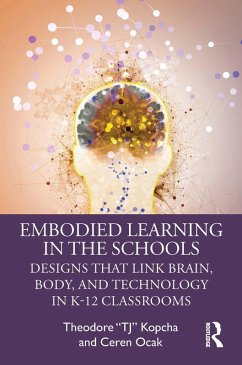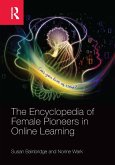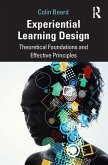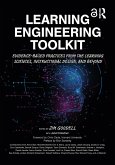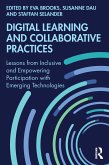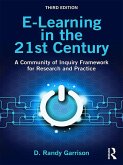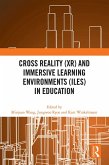Embodied Learning in the Schools explores the relevance of embodied perspectives to instructional designers and education scholars seeking to improve the design, development, and analysis of technology-enhanced learning environments in K-12 settings.
Dieser Download kann aus rechtlichen Gründen nur mit Rechnungsadresse in A, B, BG, CY, CZ, D, DK, EW, E, FIN, F, GR, HR, H, IRL, I, LT, L, LR, M, NL, PL, P, R, S, SLO, SK ausgeliefert werden.

